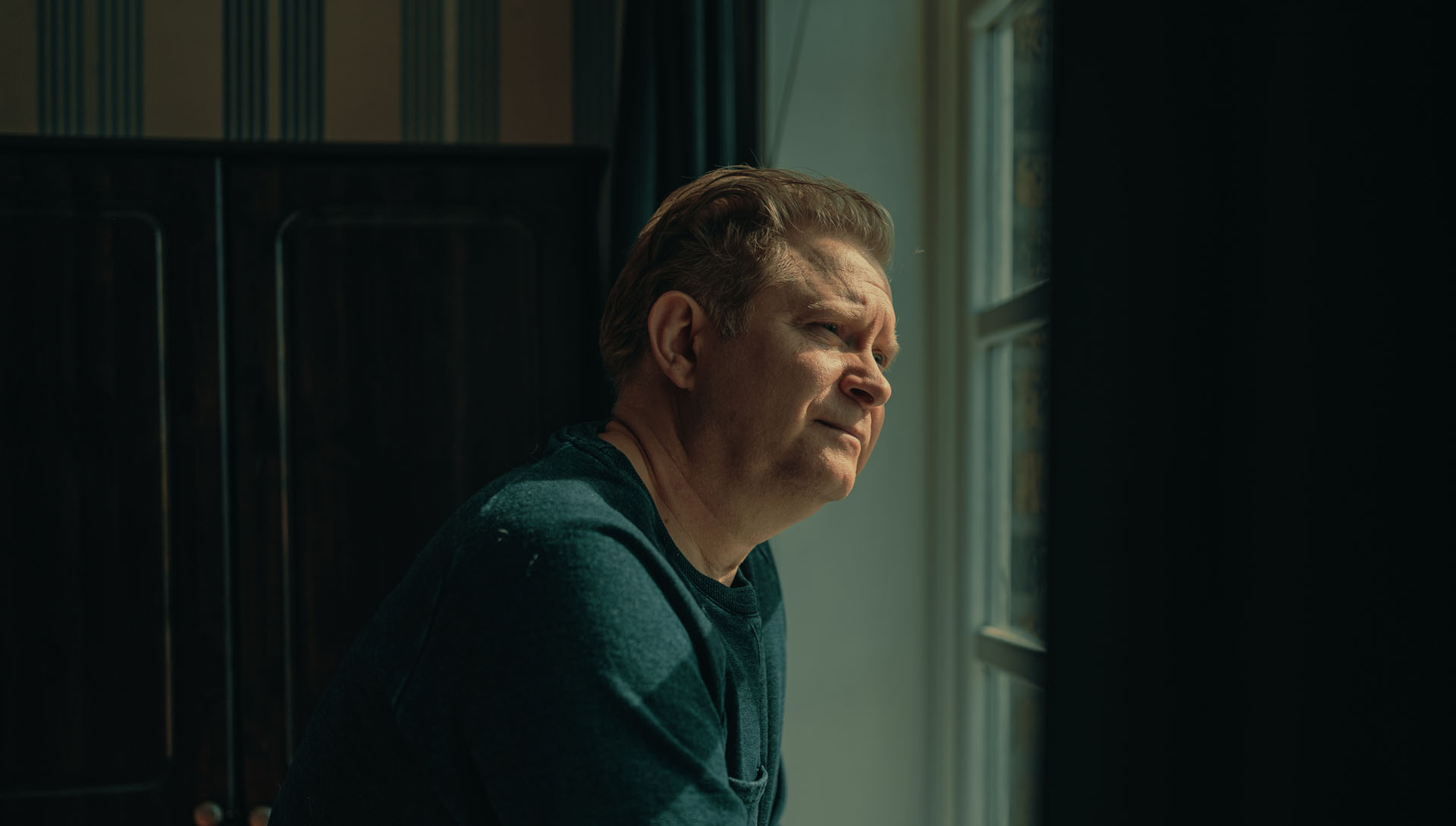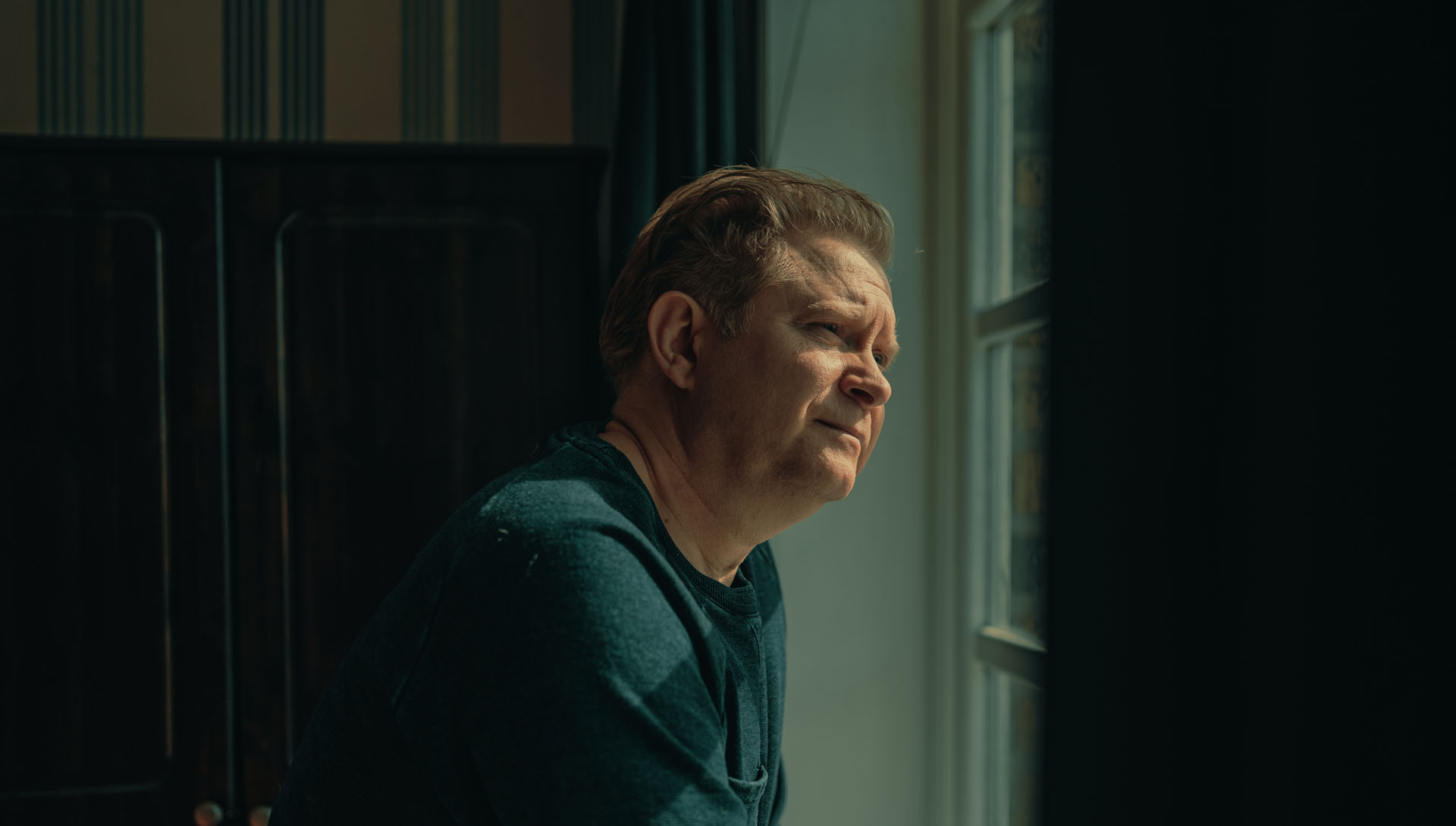
Cancer is becoming increasingly common. The prognosis is that in the long term every Dutch person will be affected by this disease. He recovered at the same time – fortunately! -More and more people have cancer, or are still living with cancer.
For millions of people, that life also includes the ability to work. It seems logical that all doctors who deal with a cancer patient will, at some point, have a conversation about work. However, 60% of people with or after cancer indicate that the consequences of cancer and its treatment on work are not discussed by health care professionals in the hospital. Not to mention, it's actually a measure of treatment outcomes. While the work you do and the diagnosis of the disease are important factors in deciding together on the most appropriate treatment. The disease itself and its treatment can have consequences on functioning and thus on life purpose. For example, persistent cognitive problems in someone who works primarily with their heads or is a doctor themselves may mean that the person is no longer able to perform that job. Or when a police officer cannot wear a police belt due to a stoma. Or when the operation reduces the nurse's ability to move, making his work in caring for the disabled impossible. The examples are endless.
In 2032, people with or after cancer will be able to function according to their desires, needs and abilities
After the diagnosis everything changes. Also for work.
Work is often more than just a way for people to make money. It is important to talk with the patient about work before, during, and after cancer treatment. And to check how to keep the impact on work resumption as limited as possible. The Dutch Cancer Society also sees this. At the end of 2023, this group of more than a hundred organizations has set “twenty concrete goals to reduce the impact of cancer on society.”1 Five goals to start with have been highlighted, including cancer and action. The aim of the work is: By 2032, people with or after cancer will be able to work according to their desires, needs and abilities.
Treatment and guidance for people with or after cancer continues after the hospital. There is an urgent need to pay attention to the work, because numbers do not lie. For example, 88% of these people indicate that their work situation changes (temporarily) after diagnosis. People after cancer are twice as likely to be unemployed than healthy people. Up to 45 percent of youth and young adults (AYAs) reported facing fewer job and career opportunities.2
Help your patient stay engaged
It is clear that the patient has difficulty participating in society during or after cancer treatment. The success of participation should be a criterion in the recovery process. Work contributes to quality of life, has a positive impact through distraction and meaning, leads to (new) social connections and puts bread on the table. But the consequences extend beyond just the patient. Society desperately needs people who are able to work because of the tight labor market and the high costs of absenteeism and disability. This is why there must be support throughout the entire disease process, including work.
One patient, one health, one care
Many people with cancer can work and want to do so. But even if you really want it, finding a suitable business perspective is often not easy. Working people with and after cancer do not enjoy “line-free” care. In fact, the patient has to deal with different counters for the sake of his health. This does not help the patient and can even hinder reconsolidation treatment. While interest in work early in the treatment process greatly increases the chance of finding a suitable (new) work perspective. And also during treatment, aftercare and any late effects. These may only appear after ten years. Treating physicians should be wary of this, but employers and company doctors should also be aware of this.
Supporting the idea of “One Patient, One Health, One Care” everywhere
We want all people with cancer to be able to count on receiving optimal care so they can continue to participate fully in society. All doctors can contribute to this from their area. Good cooperation is very important. In health care, but also with and between the Ministries of Health, Social Welfare, Sport and the SZW. So that we support the idea of “one patient, one health, one care” everywhere. From all the aspects that together make up the patient's life.
To enhance this cooperation, at least in health care, two important guidelines are in preparation. A multidisciplinary project group is finalizing a review of current cancer guidelines and action for company and insurance physicians. The latest scientific and professional knowledge has been translated into recommendations, especially in the areas of severity, long-term effects and late consequences, as well as communication and collaboration. The Work Participation Guidelines Module for Specialized Medical Guidelines will soon be approved. This will then become available to all medical professionals. From now on, information on how to carry out work in the consulting room will be available to all medical professionals.
more information
Would you like to learn more about working in a consulting room or what a company doctor can do to support people with or beyond cancer? Then display the topic page “Working with or after cancer”.
Footnotes

“Total coffee specialist. Hardcore reader. Incurable music scholar. Web guru. Freelance troublemaker. Problem solver. Travel trailblazer.”







More Stories
GALA lacks a chapter on e-health
Weird beer can taste really good.
Planets contain much more water than previously thought